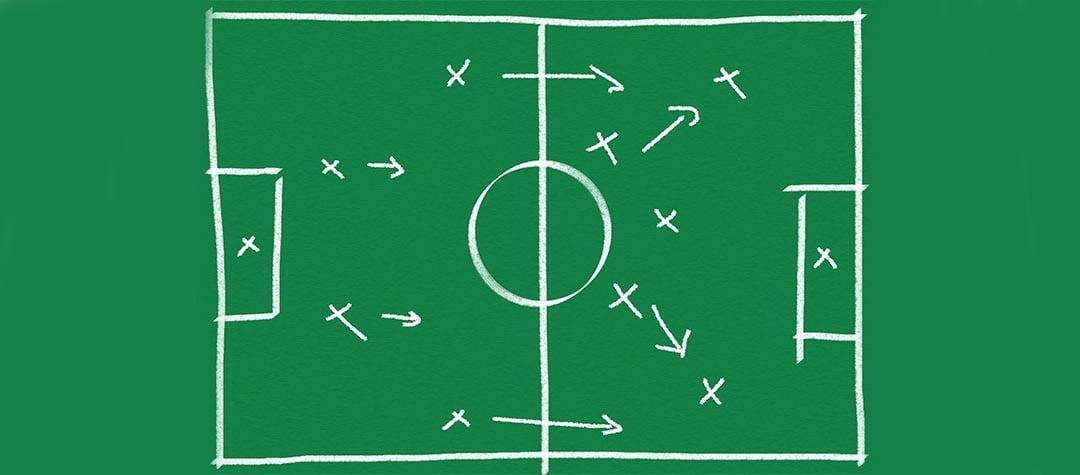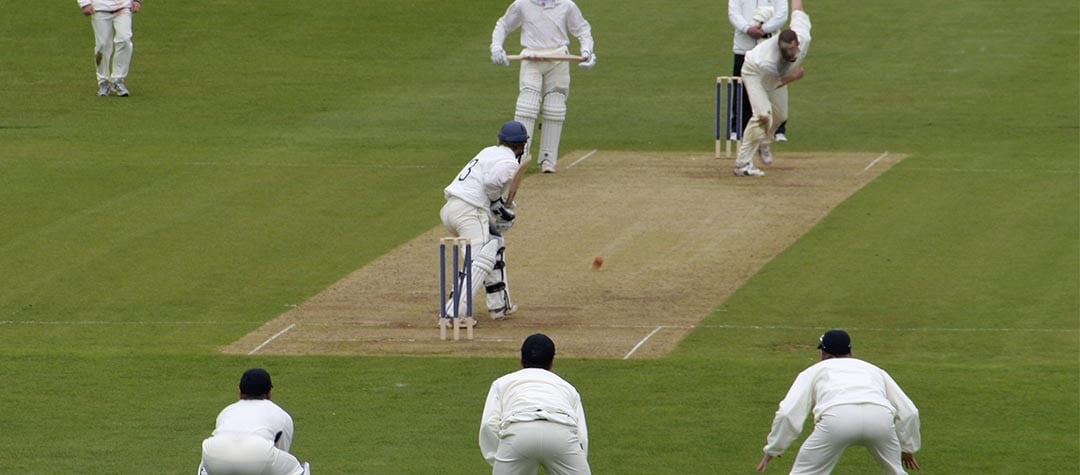Find out about scuba diving and how it might just be for you.
Scuba diving offers a great way for people to explore open waters and discover a world that would be otherwise hidden to them. So is scuba diving for you?
Introduction to scuba diving
The world has seen an explosion in scuba diving travelers. Dive resorts have popped up all over the world and hundreds of thousands are trying it out every year. If you are thinking of learning to dive, rest assure, warm water diving is very easy to learn and almost anyone could do it.
One of the first goals in training is to achieve neutral buoyancy. This means balancing the weight of your equipment with the air inside your jacket until you are neither sinking nor floating. For the first time in your life, you will be utterly free of gravity! For a lot of people, the soothing sensation of weightlessness in itself is reason enough to go diving. Diving seems to be quite kit-orientated initially, but once you are familiar with the kit and can achieve neutral buoyancy you will be able to really enjoy the underwater world you have just discovered.
Underwater Havens
Two of the most popular diving destinations in the world are the Egyptian Red Sea and Australia's Great Barrier Reef, both boasting some of the most colourful reef scenery in the world and some stunning endemic species.
With time and a little experience, it is possible to dive more challenging sites, where vertical reef walls plunge into water hundreds of metres deep. Here, upwellings of nutrient-rich water and ocean currents attract shimmering schools of pelagic fish such as jacks, barracuda and snappers.
Health benefits of scuba diving
Scuba diving offers a number of health and fitness benefits to divers. These include:
- Develops the leg and arm muscles, as it requires muscular strength to swim below the surface of the water.
- Improves suppleness in the feet as they are a key area for propelling the body during diving.
- Improves co-ordination and concentration, as scuba diving requires a good sense of balance.
- Refreshes the mind, clearing it of everyday distractions.
- Improves the respiratory system, with divers having to adapt to using an oxygen tank for air.
Who can scuba dive?
Before you jump right in to start scuba diving, it's best to check your physically fit to do it. Here's our guide to the fitness requirements before embarking on a scuba diving course.
You don't have to be a super-fit athlete to learn to scuba dive, far from it. According to the Professional Association of Diving Instructors (PADI), more than 1.6 million Americans over the age of 45 are qualified divers.
Fortunately, you don’t even need to be a competent swimmer to partake in the sport. In the water you wear fins and a BCD (buoyancy control device) to help you glide through the water. That said, not everyone is physically suited for diving.
You are advised to undergo a full medical examination before embarking on a dive course. The biggest knock back for those wanting to learn are sinus and ear problems. And those with circulatory or heart problems should not dive. Asthmatics and those with diabetes need to be examined by a specialist diving doctor to determine whether they can dive safely.
If the above do not apply to you, you're probably okay if you can say yes to all the questions below.
- Are you in good health by average standards?
- Can you breathe without difficulty?
- Can you float or tread water for 10 minutes?
- Can you react calmly to minor adversity?
- Are you generally happy in the water?
- Can you swim 200m (approximately 220yd)?















